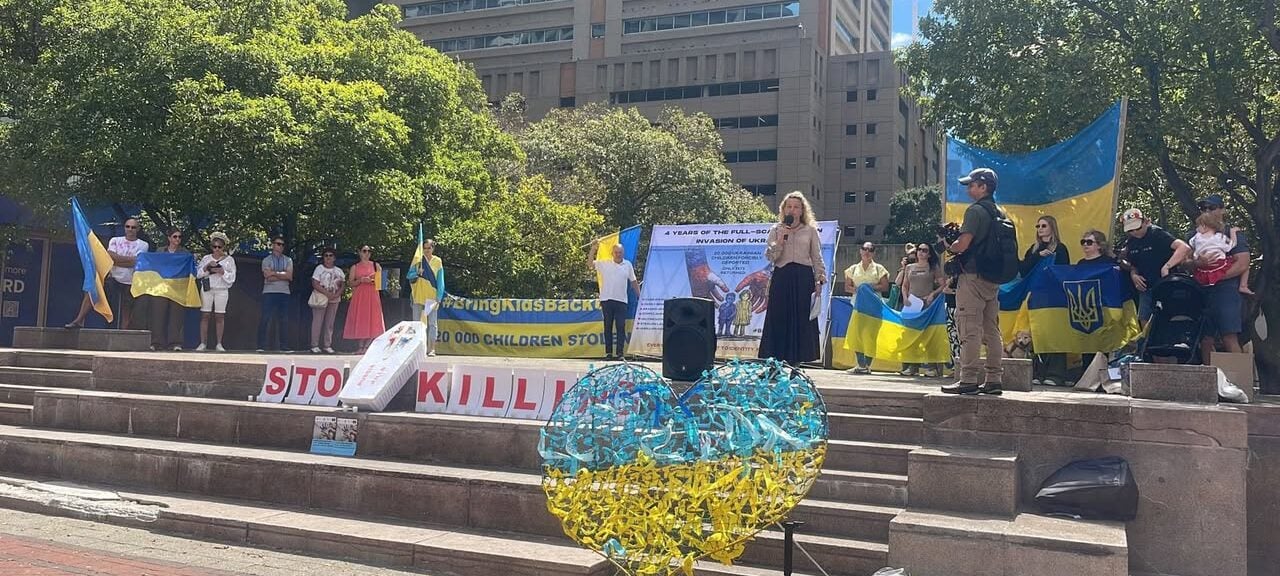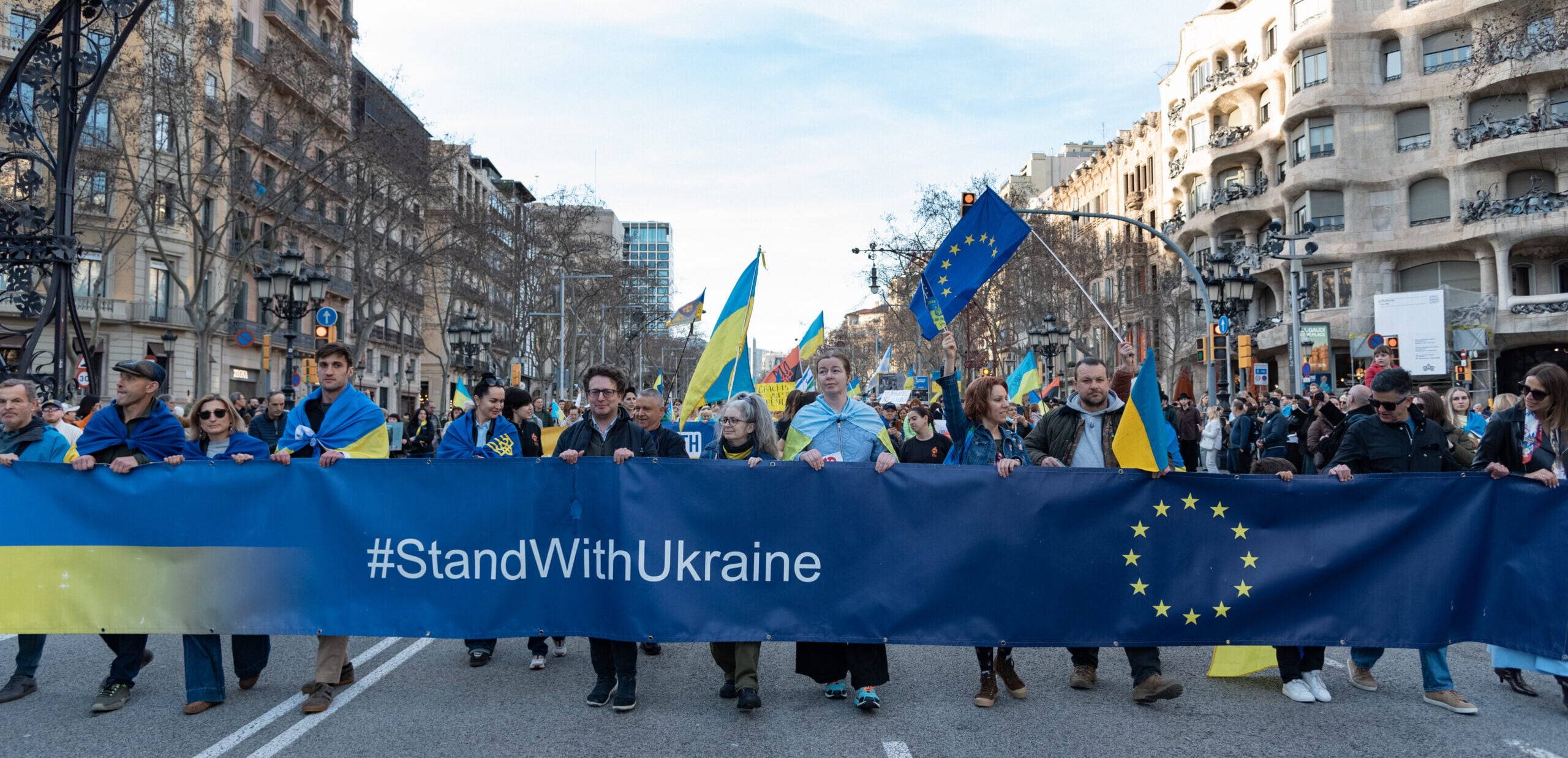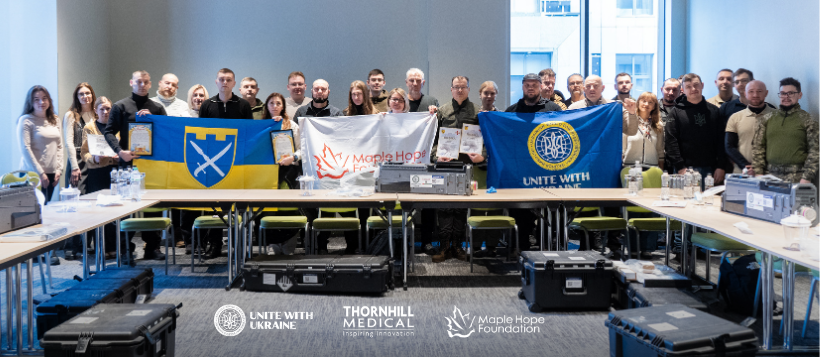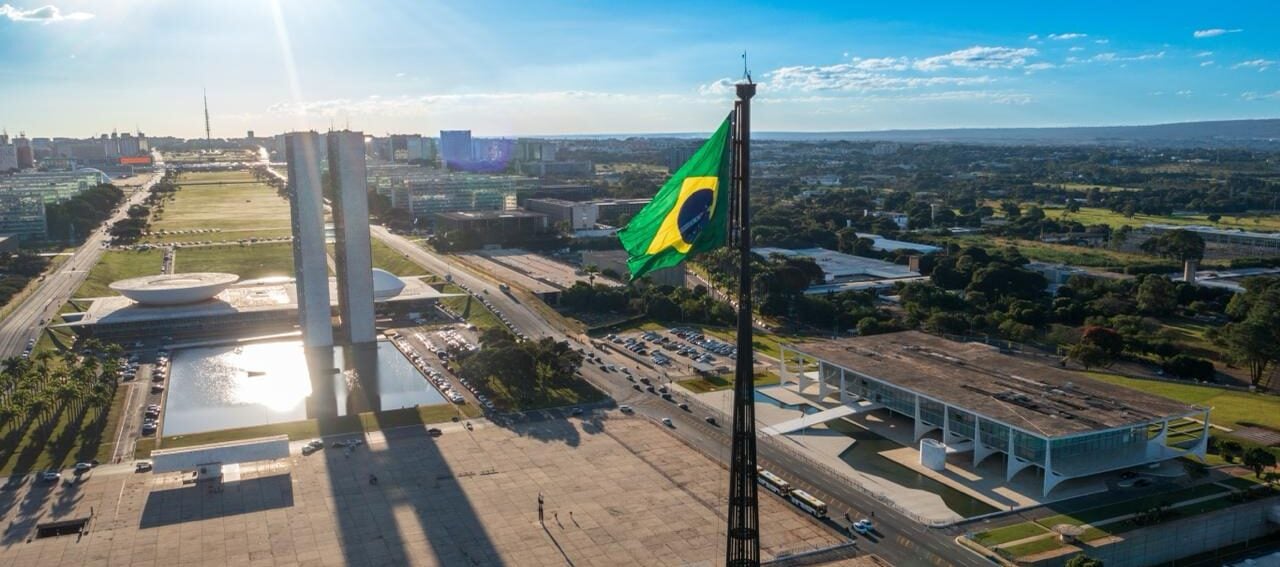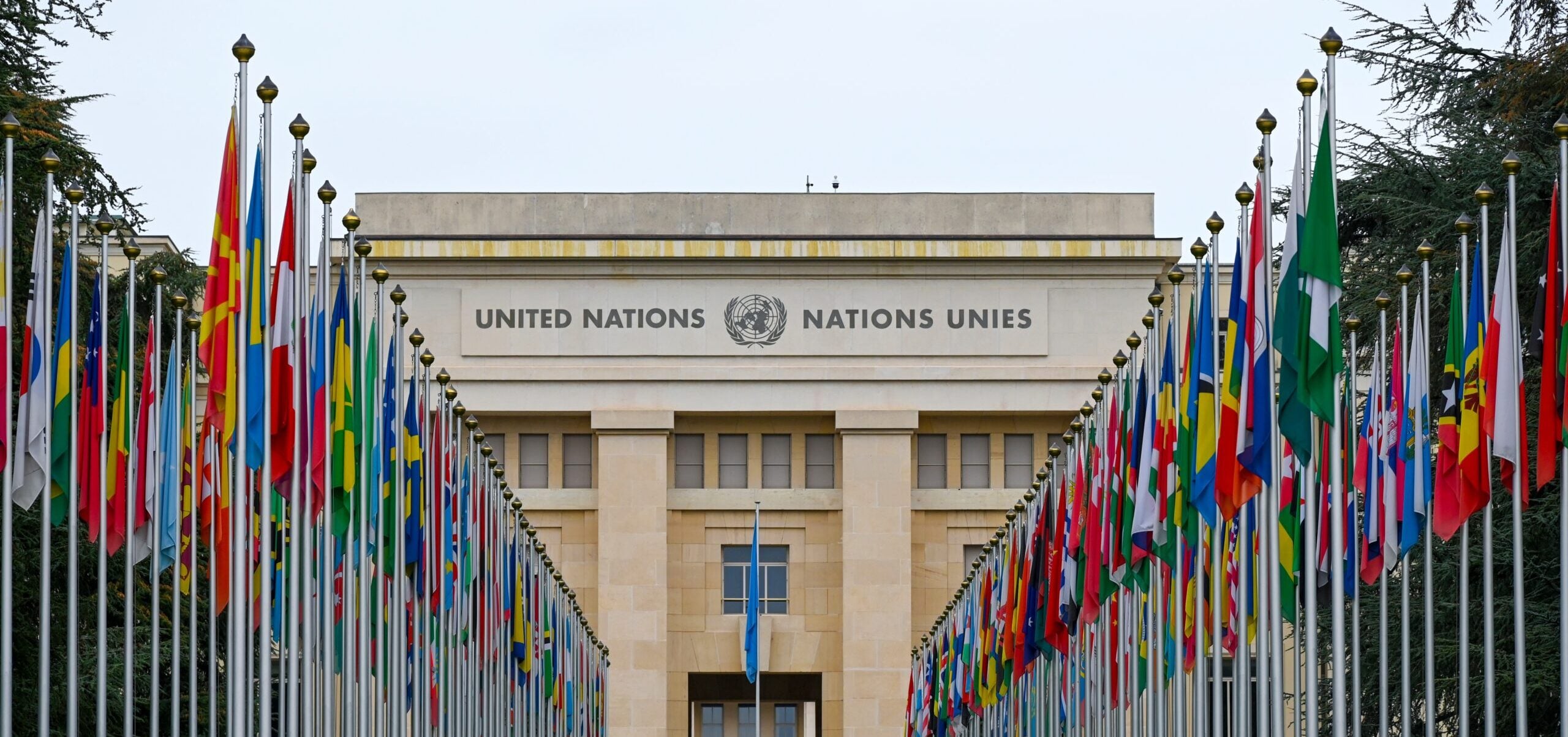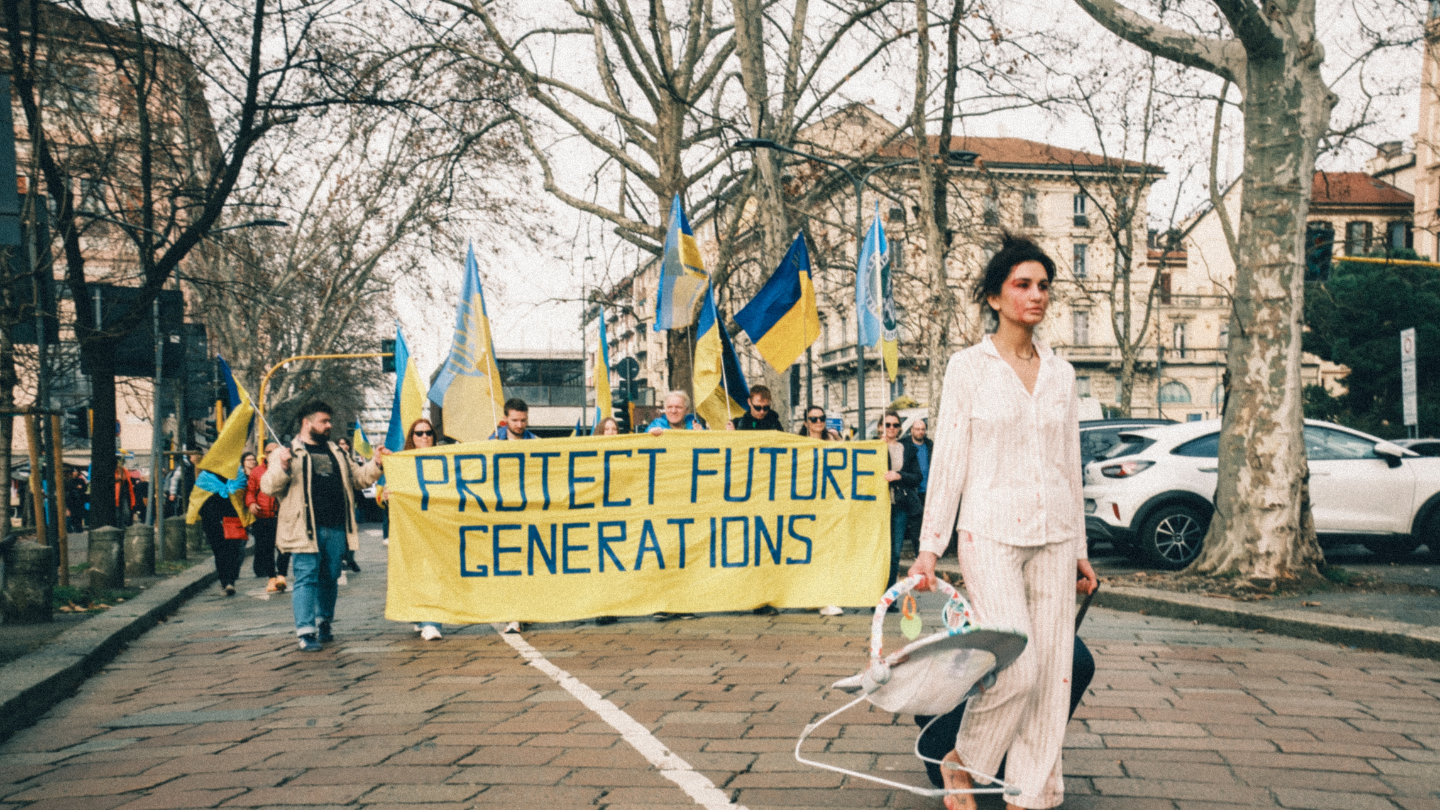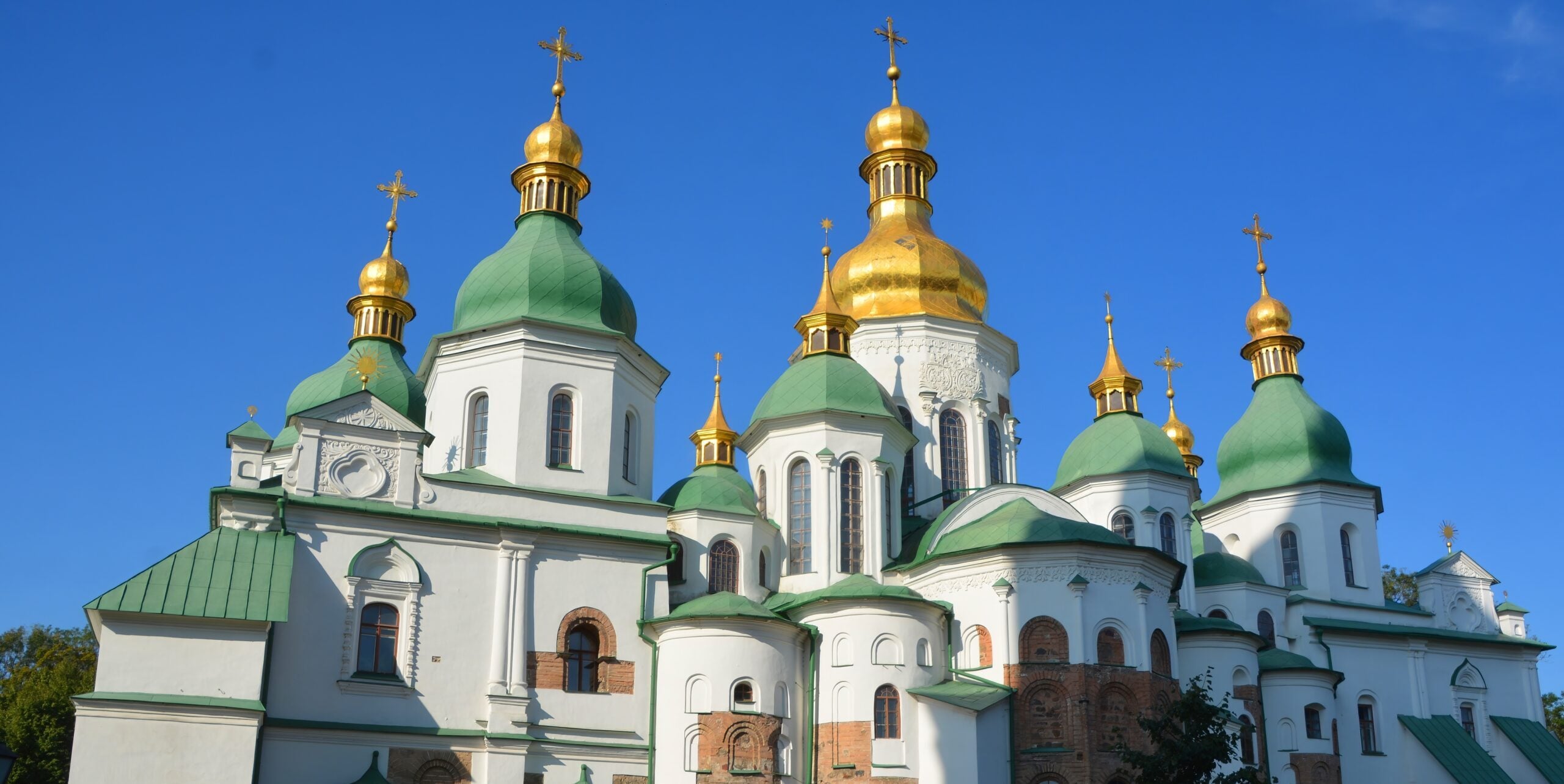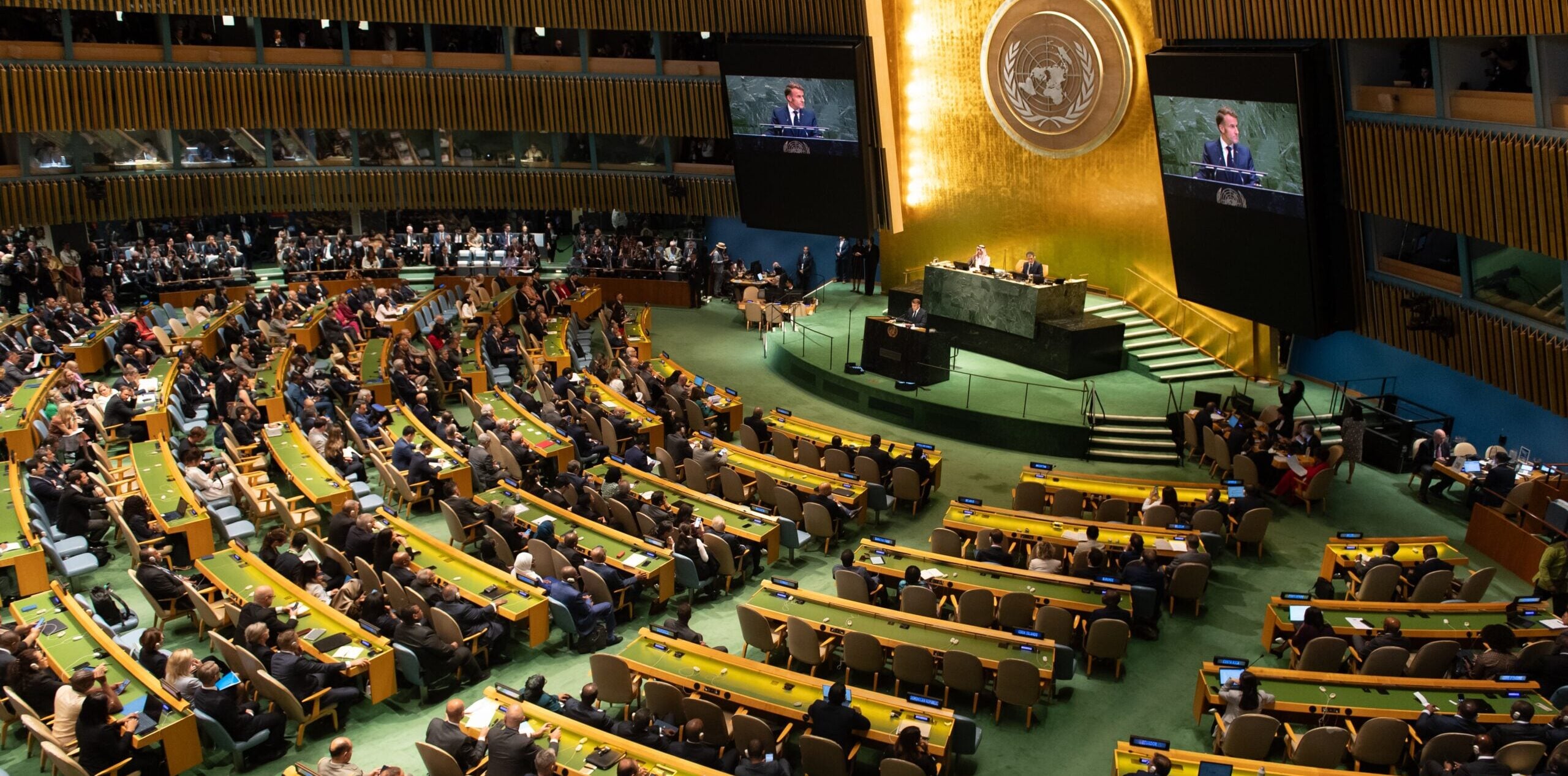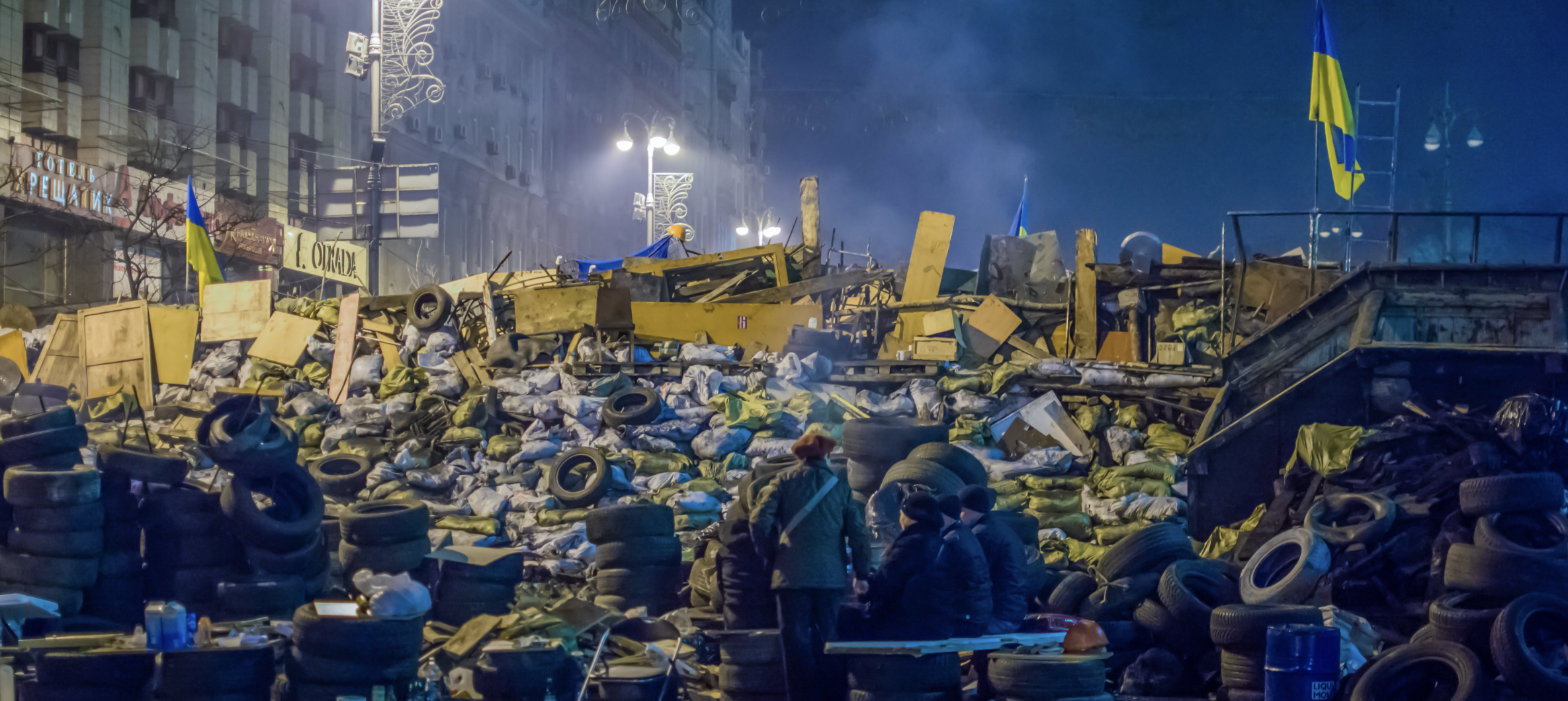
Russia’s economy is buckling under the strain of a protracted war and international sanctions, with key industries showing declines and banks potentially needing government intervention to stabilize, Bloomberg reports.
“That’s the tense backdrop against which Russian President Vladimir Putin — who has sought to turn the country’s financial system into a war machine — travels to Alaska for Friday’s summit with his U.S. counterpart Donald Trump,” the report reads.
Oil revenues have fallen sharply, and the budget deficit has reached its highest level in over three decades. Inflation and interest rates remain extremely high.
“Until now, Putin has tried to maintain economic stability while running his hugely expensive “special military operation,” judging that Russians — who weathered 70 years of Communism, the collapse of the Soviet Union, and numerous economic downturns — had a high pain threshold and would ultimately back his decision to go to war,” Bloomberg writes.
However, this “juggling act is coming apart as Russian oil revenues drop.”
“The Alaska summit came together hastily on the heels of a threat of new U.S. sanctions on oil shipments,” the article reads.
Sources say Putin reiterated demands for sanctions relief as part of any agreement in Alaska. Experts suggest the meeting with Trump is another Kremlin move to buy time, Bloomberg writes.
After a significant rise in military spending, which the Kremlin has sought to conceal, Russian ministers, bankers, and economists are openly warning of a deep economic crisis.
According to Alexandra Prokopenko, a fellow at the Carnegie Endowment for International Peace, the Kremlin will spend nearly $172 billion on military and national needs this year, about 8 percent of gross domestic product.
“This is not a temporary surge,” she said, “but a long-term strategic pivot.”
Bloomberg reports that some banking insiders are raising alarms over the risk of a debt crisis and liquidity problems as more and more Russians withdraw money from banks.
The war threatens the solvency of financial institutions and, by extension, the national budget, especially if new sanctions are imposed.
Even in the event of a prolonged ceasefire, Russia could face the challenge of “demilitarizing” an economy heavily reliant on war, potentially leading to contractor bankruptcies that ripple through the broader economy.
Cover: Shutterstock
